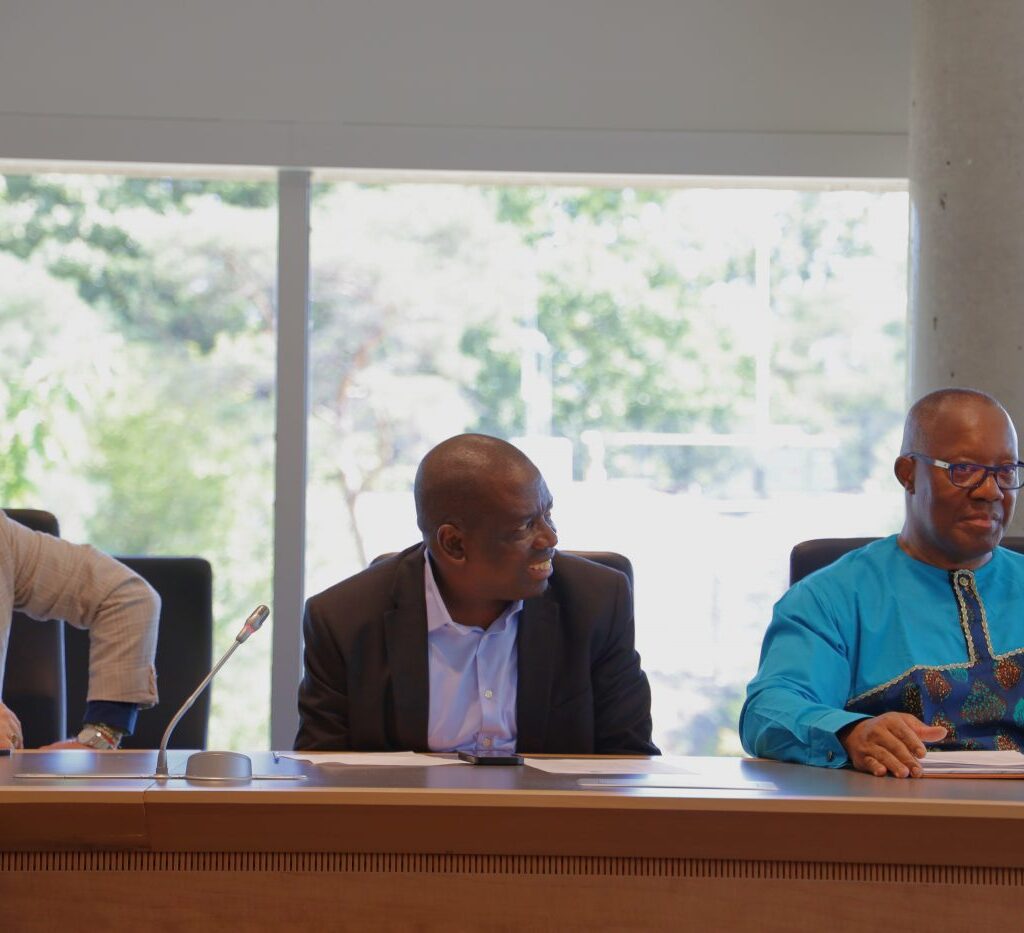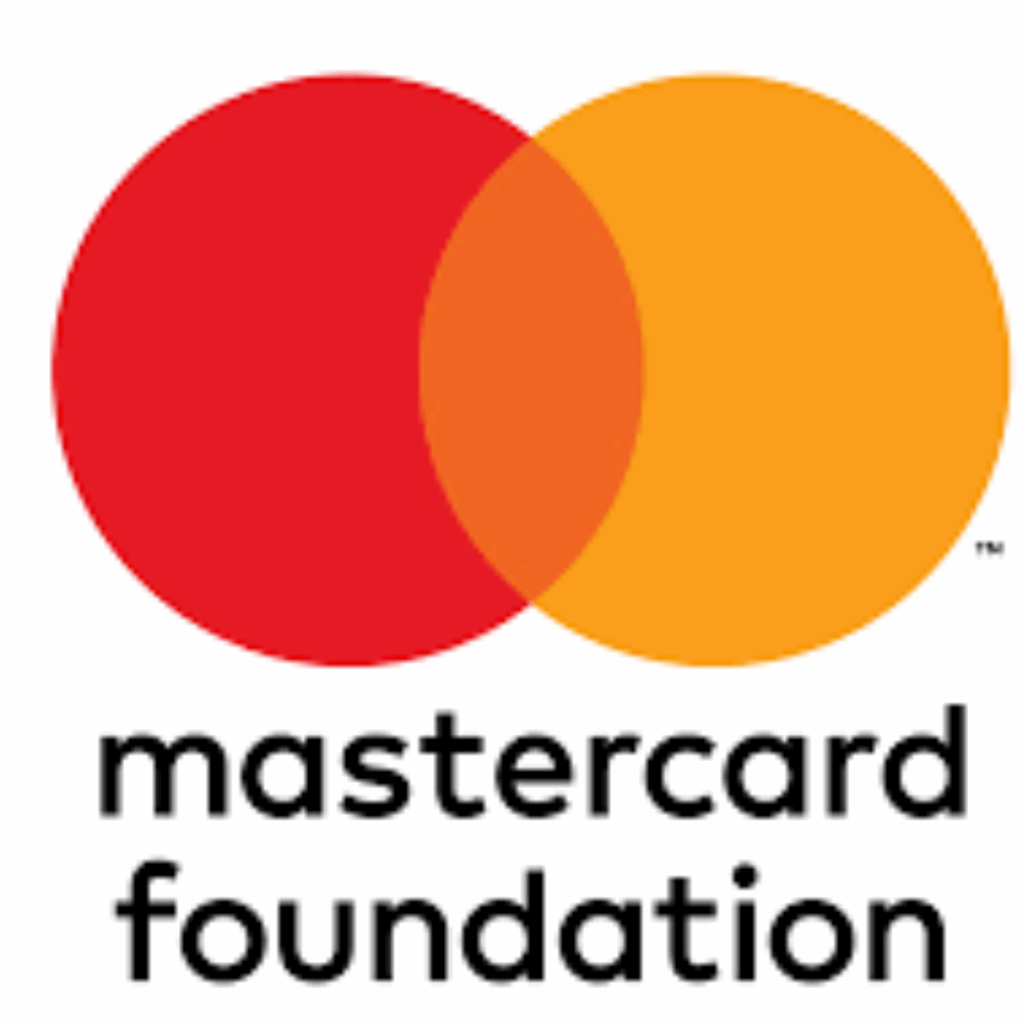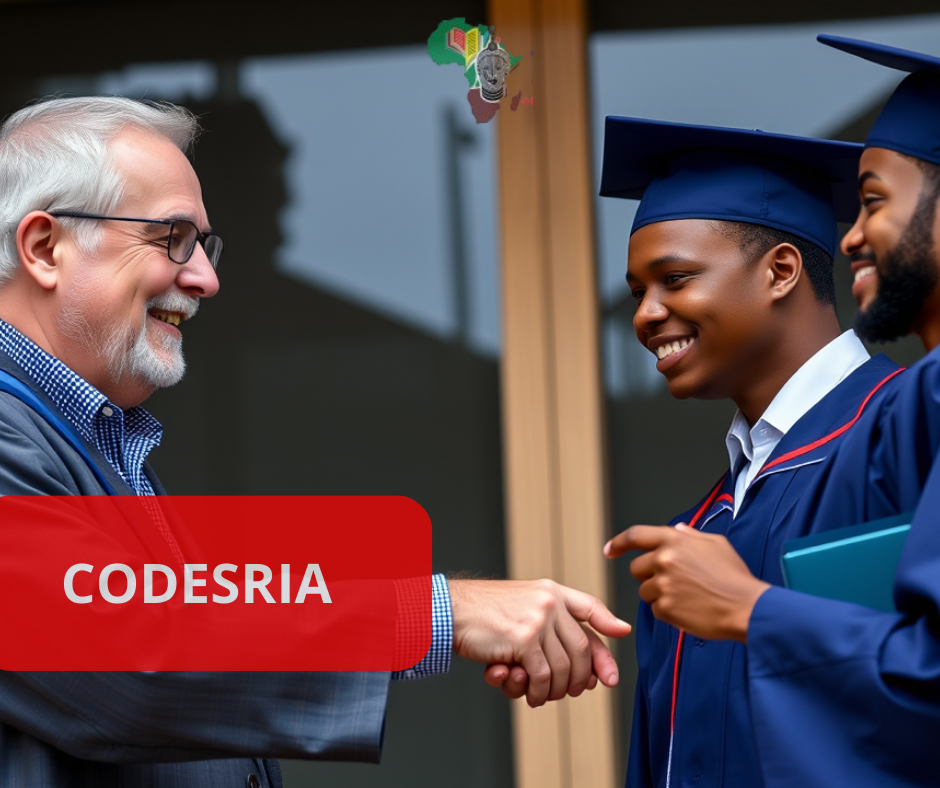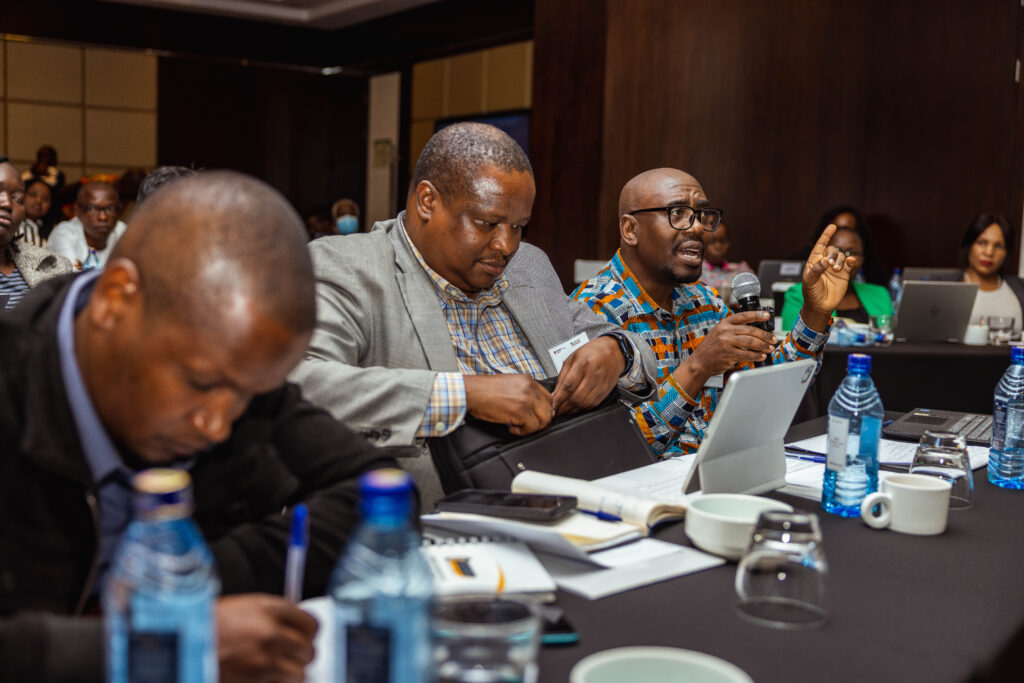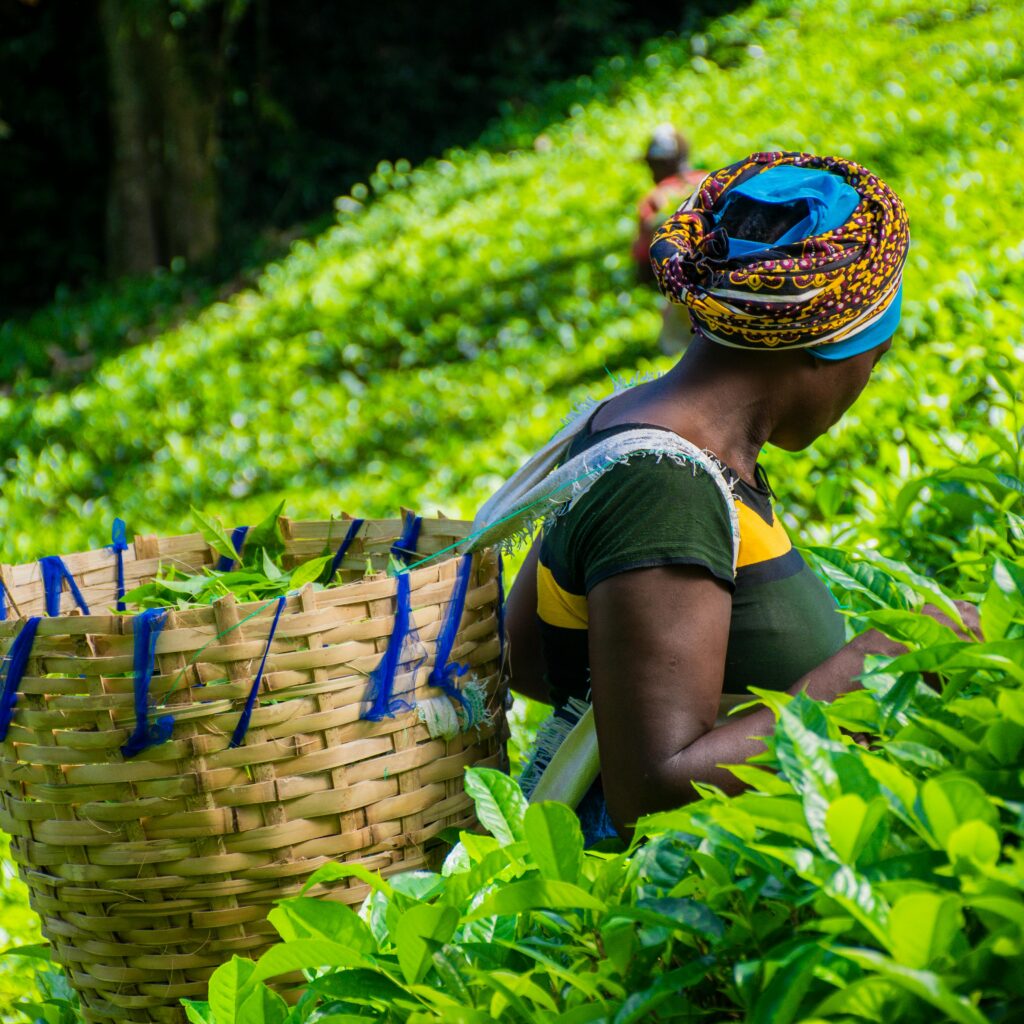Fourth World Journal: Call for Papers January 2026 and June 2026 Fourth World Journal: Call for Papers January 2026 and June 2026 Founded in 1984, The Fourth World Journal (SSN: 1090-5251) is a publication of the Center for World Indigenous Studies, an Indigenous-directed 501 (c) 3, organized in 1979. Special Theme: Women’s Traditional Medicine, Indigenous Knowledge, and Wisdom Ways: Bridging Theory, Clinical Practice, and Women’s Community Knowledge Issues Editors: Dina Gilio-Whitaker, MS (Colville), American Indian Studies Department, California State University San Marcos; Claudia Reyes García, MS, Escuela de Liderazgo por el Derecho de las Mujeres a la Ciudad y al Territorio; Leslie Korn, PhD, MPH, (Ashkenazi en diáspora), Center for Traditional Medicine, CWIS; Amelia (SkWumqnálqs) Marchand, MSL (Okanogan), Moses-Columbia, Palus; Chief Joseph Band of Wallowa Nez Perce, and Sinixt, Advisory Council on Historic Preservation; Melina Corona, Licenciada en Lengua, Associate Scholar, Center for World Indigenous Studies; Sandi Loytomaki, (Sámi), Traditional Healer. Submissions: We invite submissions for parts one and two of a special journal focusing on the role of women in Indigenous traditional medicine. This issue explores global perspectives, highlighting Indigenous knowledge systems’ theoretical and practical applications. It examines the intersection of Indigenous medicine, women’s health, feminist perspectives, and food sovereignty, focusing on Indigenous arts and sciences, collaborative research, and Indigenous knowledge frameworks. We especially welcome submissions that explore how women’s traditional medicine and cultural practices address the physical and mental health impacts of post-colonial trauma, including nutrition, type 2 diabetes, cardiovascular disease, domestic violence, mental distress, and food security in Indigenous and marginalized communities. We also welcome submissions that explore the intersection of traditional knowledge with environmental justice, food sovereignty, and planetary health, as well as critical analyses of traditional practices that may negatively affect Indigenous communities. We seek contributions that thoughtfully engage with the evolving role of traditional knowledge frameworks in response to the impacts of modern health systems and industrialized medicine. We welcome empirical studies, theoretical papers, case studies, community narratives, policy analyses, and creative works. Scope: This issue invites submissions on the following themes: Indigenous Healing Practices and Women: Women’s roles as knowledge keepers and healers in Indigenous medicine. Theoretical Frameworks: Feminist and Indigenous lenses in analyzing health practices and cultural continuity. Clinical Applications: Case studies and research that prioritize traditional Indigenous medicine, elevating its practices either independently or in dialogue with modern clinical approaches.” Community-Determined Research: Indigenous community-defined research and the application of Indigenous medical and healing arts and sciences, exploring diverse health topics, methods, and implementation. Submissions that emphasize collaborative efforts bridging common divides are especially encouraged.” Post Colonial Trauma and Health Sequelae: The role of traditional medicine as a strategy for resilience and resistance, and methods of healing the effects of both chronic and acute trauma and chronic disease associated with colonial development. Health, Wellness, and Traditional Ecological Knowledge: The connections between traditional medicine, ecological knowledge, and women’s health, highlighting the interplay between these critical areas. Environmental Justice and Food Sovereignty: Exploring the linkages between Indigenous women’s leadership in environmental justice, food sovereignty, and traditional medicine movements, emphasizing their vital roles in advancing sustainable change and community well-being. Feminist and Indigenous Epistemologies: The interaction between Indigenous knowledge and feminist theory, with a focus on women’s health and healing practices Book, Film, and Art Reviews: We invite critical reviews of books, films, and art exhibitions relevant to this special issue’s theme. All reviews should be between 800 and 1,200 words. Language: Submissions are received in English or Spanish and accepted papers will be translated and published in English and Spanish Language. Video Brief: Video statements from the authors, highlighting their insights and contributions, will be featured on the journal’s website to deepen engagement with their work and provide a personal connection to the research. Paper Submission Deadlines: August 1, 2025, and January 1, 2026 Publication Date: January 2026 and June 2026. Submission Requirements: Submit your article as a Word document by August 1, 2025, or January 1, 2026, including a 50-word author bio. All submissions are subject to peer review. Submission Process: Submit abstracts and full papers to fwj@cwis.org, following the Fourth World Journal submission guidelines.

